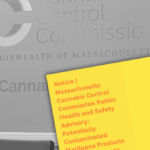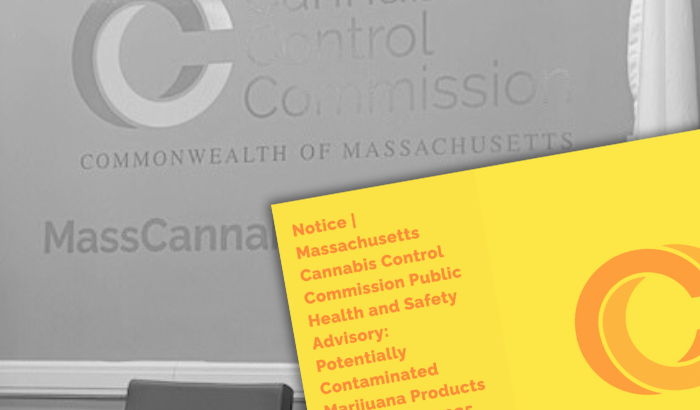
“Do you want to know your rights and responsibilities as an applicant—and what to expect from potential host communities? Looking for a helpful way to educate your town manager, mayor, selectmen, or other municipal officials?”
Last year, Massachusetts cannabis industry stakeholders, attorneys, and watchdogs paid lots of attention to the major news around Cannabis Control Commission members putting checks in place to prevent municipal extortion, abuse, and expulsion of weed businesses.
The regulatory rewrite addressing Host Community Agreements (HCAs) was done in compliance with An Act Relative to Equity in the Cannabis Industry, also known as Chapter 180, which lawmakers passed in 2022 to correct several unforeseen problems created by the state’s dated original regulations. Included in the new language: a “community impact fee shall not include any additional payments or obligations, including, but not limited to, monetary payments, in-kind contributions and charitable contributions by the marijuana establishment or medical marijuana treatment center to the host community or any other organization.”
But the new promulgated statute wasn’t only about how cities and towns can no longer force cannabis companies to pay them and hand-selected local NGOs unsubstantiated sums. Chapter 180 also called for new Social Equity provisions and municipal equity requirements. As a memo prepared by the CCC to outline the changes for Mass municipalities explained: the Act Relative to Equity “mandates that municipalities encourage full participation of these communities in the cannabis industry by establishing a transparent and objective selection process. Further, local communities should adopt options to support equity applicants within their Host Community Agreements (“HCAs”) selection scoring assessment.”
After the new rules were approved by CCC members, the group Equitable Opportunities Now, which “educates and empowers people of color to become active participants in the Massachusetts legal cannabis market,” said the new “HCA and municipal equity rules will create new opportunities for communities harmed by the war on drugs.”
“These regulations show that meaningful policy change can happen with an inclusive and transparent process, one that actively seeks out and centers the voices of those living with our policies,” EON Co-Founder Shanel Lindsay said in a statement. “These regulations are a huge step toward equity and opportunity for those our marijuana policies have been harming for decades. We thank Acting Chair Concepcion for her effective leadership and all of the Commissioners for their thoughtful deliberations throughout this process.”
“Commissioners demonstrated a true openness to public feedback and their final results reflect that they listened to those most impacted by these policies and centered their concerns,” EON Policy Co-Chair Kevin Gilnack added.
And now, “to achieve the restorative justice goals of legalization,” EON is working to ensure that “procedures and policies” are put in place “to encourage justice-involved individuals and Black and Brown business owners and workers to participate in this industry at the state and local level.” To that end, this week the group introduced a new online “compilation of resources to help Massachusetts cities and towns comply with the new law and support a vibrant, diverse industry in their community.”
The EON team plugged the utility in an email to members: “Is your city or town going to be compliant with new equitable cannabis licensing requirements by the May 1, 2024 deadline? Do you want to know your rights and responsibilities as an applicant—and what to expect from potential host communities? Looking for a helpful way to educate your town manager, mayor, selectmen, or other municipal officials? Check out EON’s new Equitable Municipal Cannabis Licensing resource to learn more.”

























